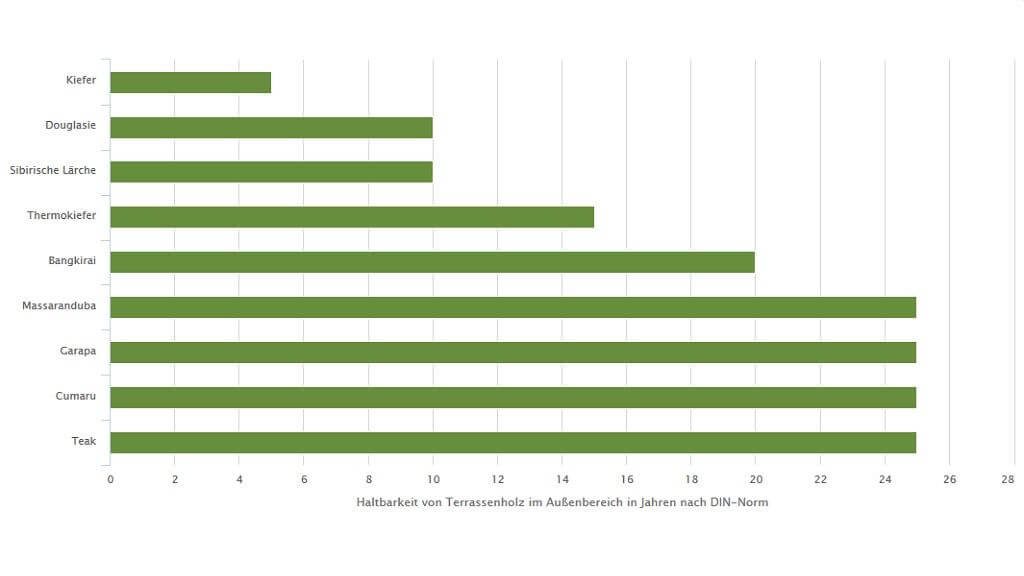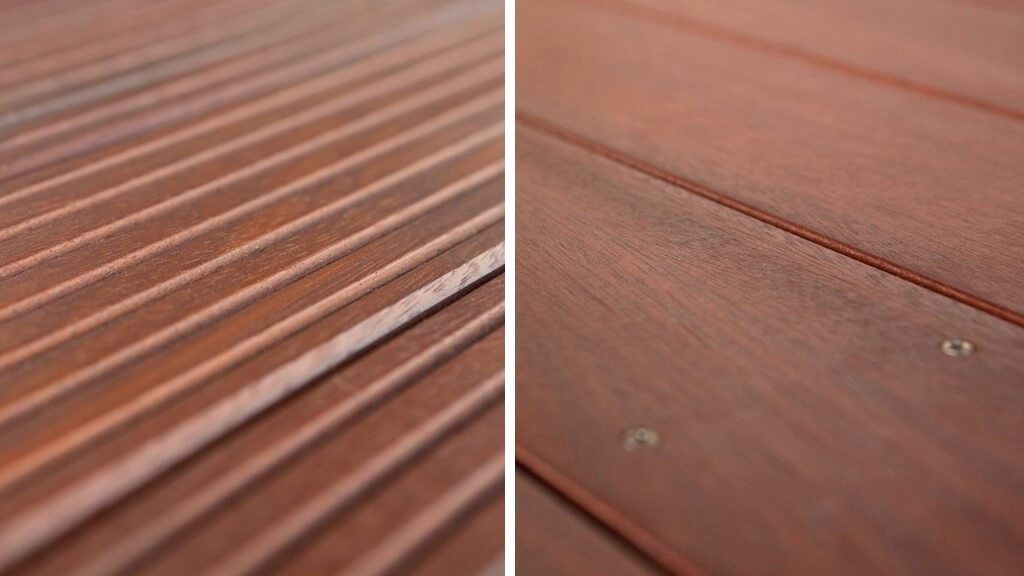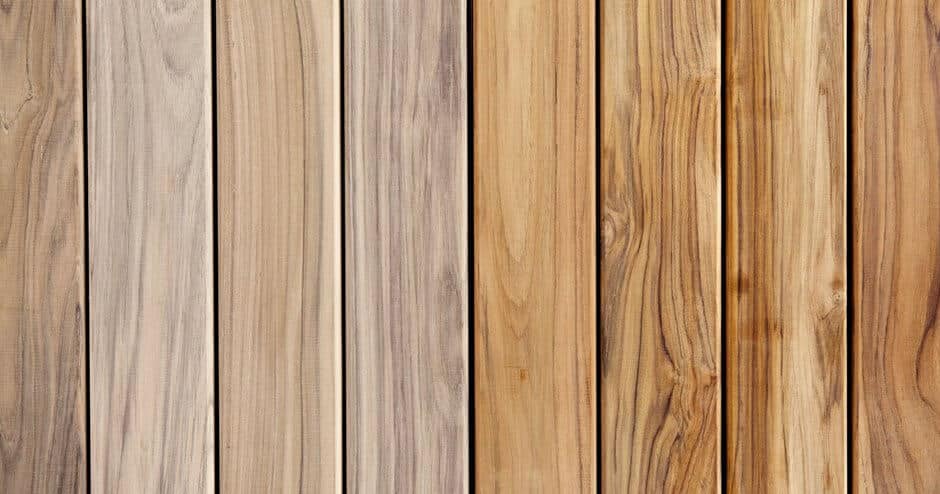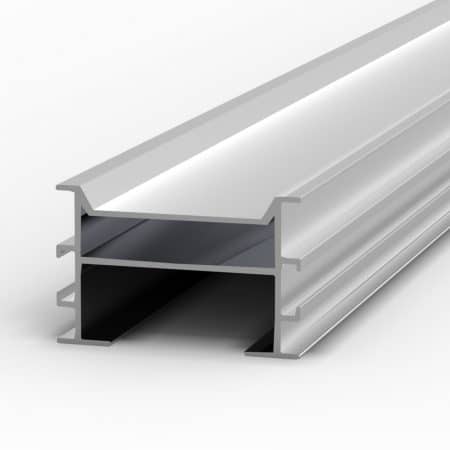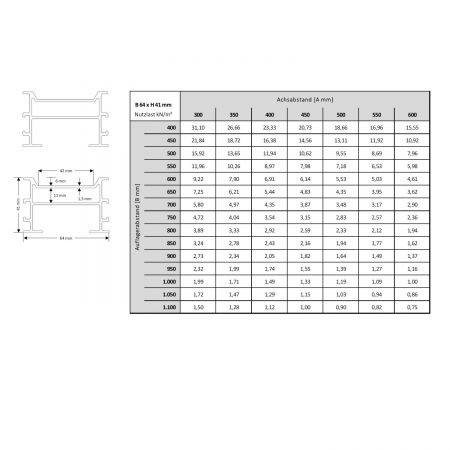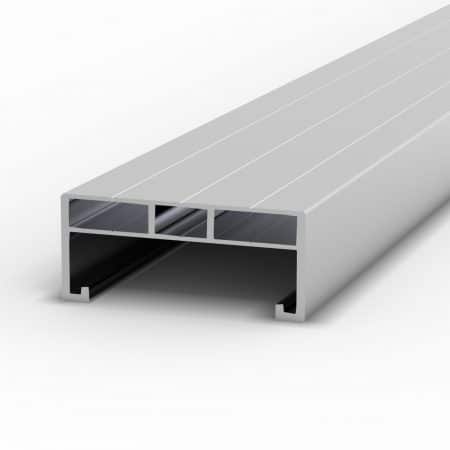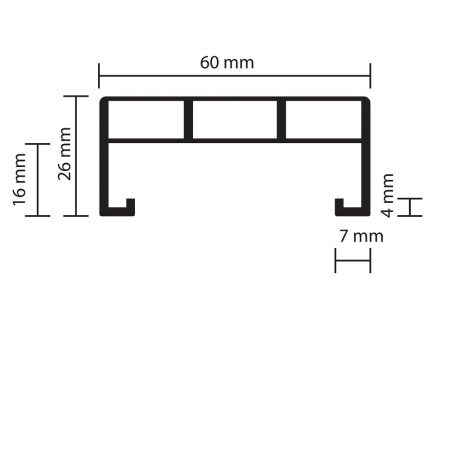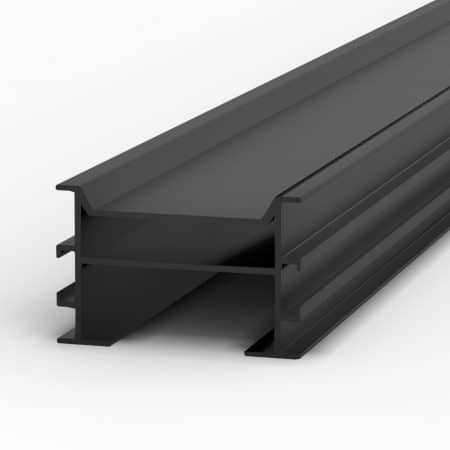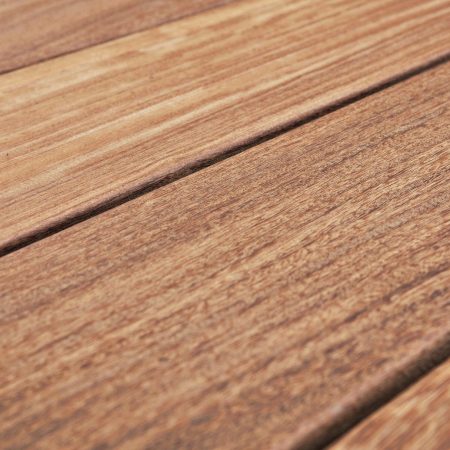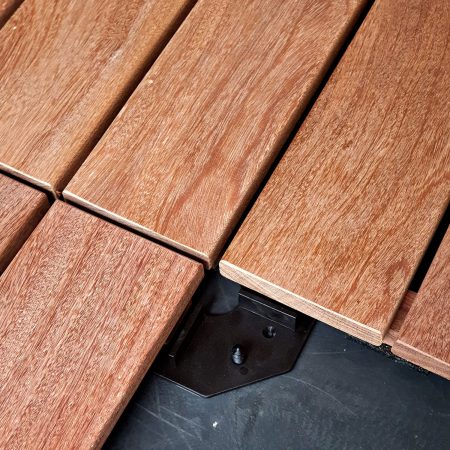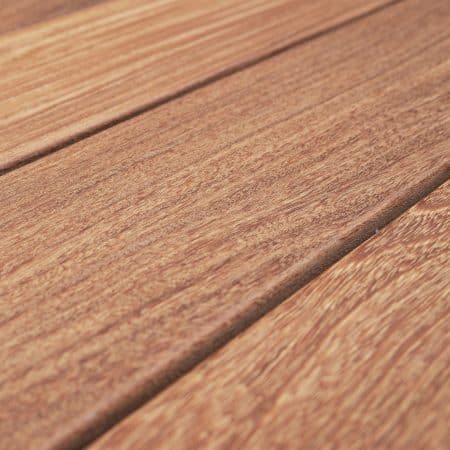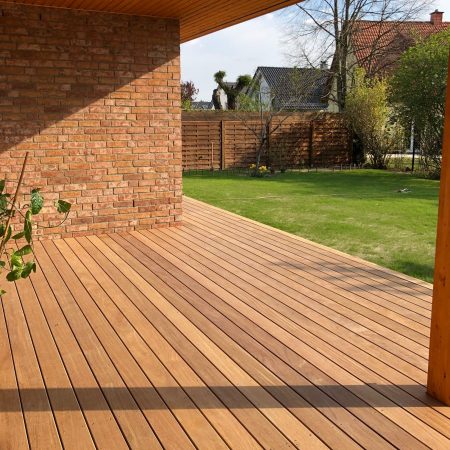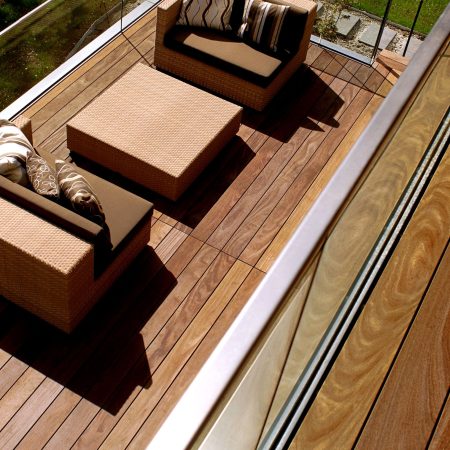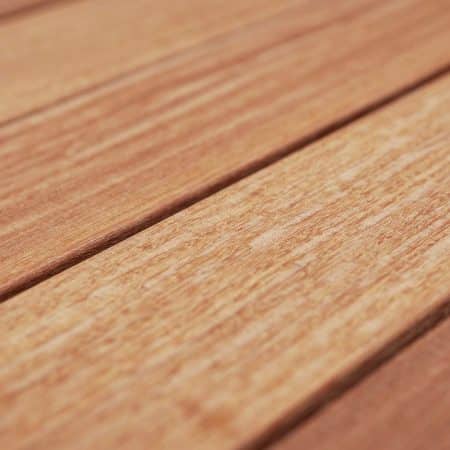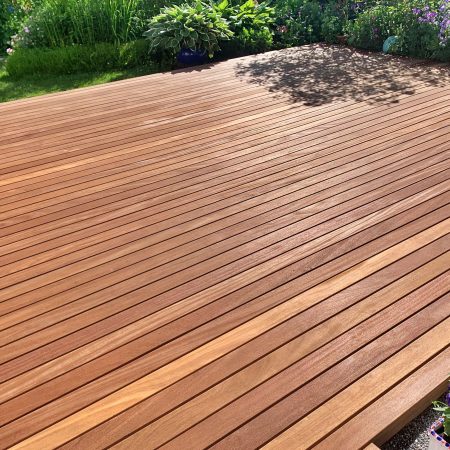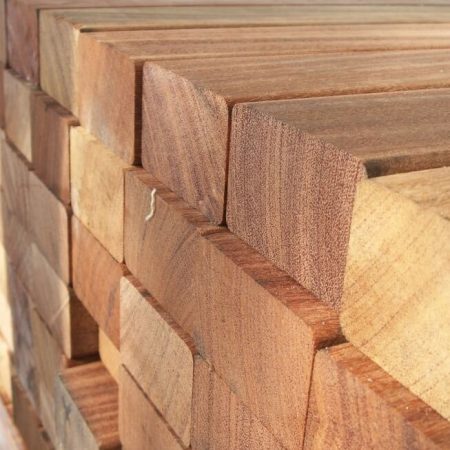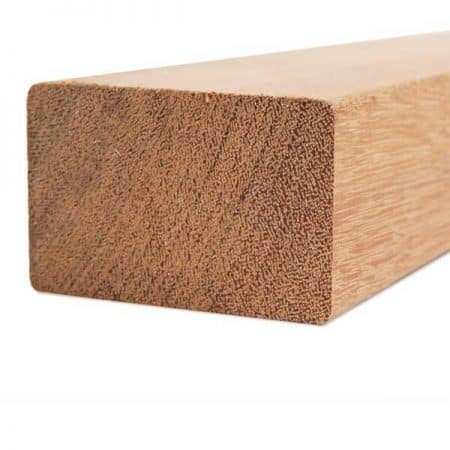Service, Decking boards, Accessories
Weatherproof wood for the terrace
Weatherproof wood is a challenge because wood is exposed to a wide variety of influences in the garden, as a terrace or as furniture. Sunlight, moisture, moisture, snow and frost cause strong temperature fluctuations and weather conditions that damage the wood. In addition, fungus and mold can form, which decompose the wood over time.
Decking boards, garden furniture, wooden privacy screens and bed edgings should last as long as possible. Three factors are of crucial importance for the durability of the wood: the choice of the right type of wood, a good construction and the Wood care. Good ventilation is very important to avoid the risk of cracking, warping and fungus growth.
wood resistance classes
For the durability of the types of wood, there are resistance classes according to the DIN standard from 1 (very durable) to 5 (not durable). The classes can be translated into service life: Wood in resistance class 1 - for example Cumaru, Teak or Garapa from certain regions - has a service life of over 25 years and the highest resistance according to the DIN standard. Siberian larch (resistance class 3) or Douglas fir (resistance class 3-4) are significantly less resistant and can therefore be attacked by fungi after just five years and, according to the DIN standard, have a lifespan of almost 10 years.
You can find an overview of the resistance class of the best-known decking wood in our Wood Lexicon and an overview of the criteria for the selection of the best decking wood can be found in our online consultation.
Constructive wood protection for weatherproof wood
Even when building a wooden terrace, it is worth paying attention to a few details that have a positive effect on the service life. This is what we call constructive wood protection. Water and moisture should be able to dry as quickly as possible. An increased construction height with pedestals ensures that the wood can dry quickly, better ventilation is achieved and no fungus and mold can form on the underside. There are also ventilation and spacer profiles that allow for better ventilation. They are particularly important for ground-level or closed terraces or for low installation heights.
Alongside ribbed decking, smooth decking has the advantage that no algae or fungi can form in the grooves and the decking is easier to clean. A detailed comparison of grooved and smooth planks can be found in this Blog Post.
Spring cleaning for wooden terraces
In addition, the durability of a wooden terrace can be extended with wood care products. After the wet and cold season, the first algae and fungi have often formed on the wood. So that the wood is not permanently attacked, it is worth cleaning the terrace in the spring with the completely biodegradable patio cleaner. So you can easily remove dirt, algae and fungi and the terrace is non-slip again. A colorless Terrace Oil prevents cracking and preserves the color of the wood - but is not necessary in terms of durability.
Our decking boards of the best resistance class
ab 16,21 €
ab 12,15 €
ab 18,25 €
ab 188,11 € m²
ab 8,89 €
Cumaru decking, FSC 100%
Price from: €70 per m2, resistance class: 1
Advantages: ✓ best durability ✓ particularly robust and scratch-resistant
Disadvantages: ✗ partly rough surface ✗ high power development
Tip: Sand the floorboards after they have been exposed to the weather for the first time.
ab 11,69 €
Cumaru decking, FSC 100%
Price from: €70 per m2, resistance class: 1
Advantages: ✓ best durability ✓ particularly robust and scratch-resistant
Disadvantages: ✗ partly rough surface ✗ high power development
Tip: Sand the floorboards after they have been exposed to the weather for the first time.
ab 6,21 €
Cumaru decking, FSC 100%
Price from: €70 per m2, resistance class: 1
Advantages: ✓ best durability ✓ particularly robust and scratch-resistant
Disadvantages: ✗ partly rough surface ✗ high power development
Tip: Sand the floorboards after they have been exposed to the weather for the first time.
ab 9,72 €


